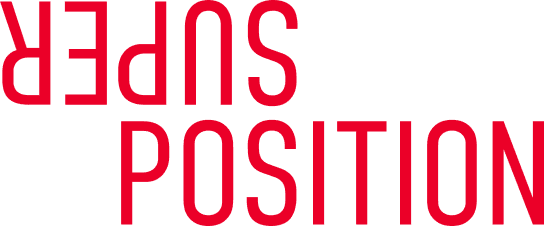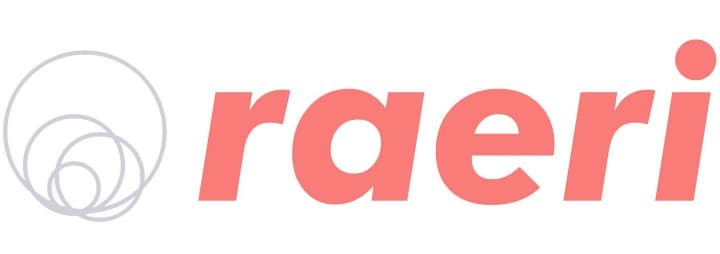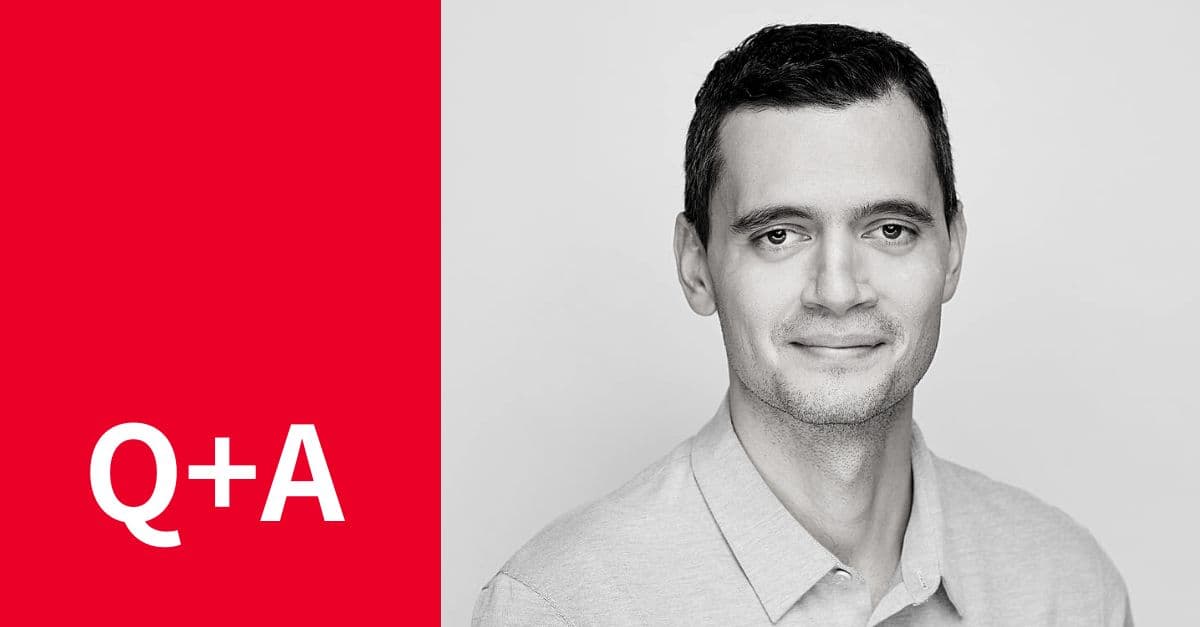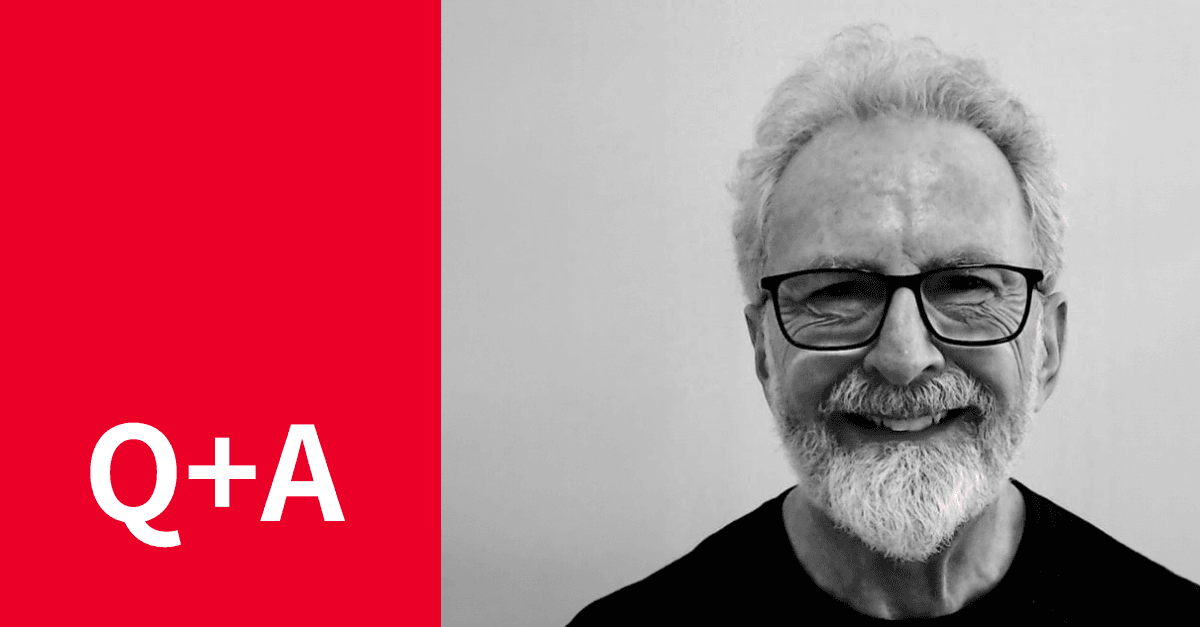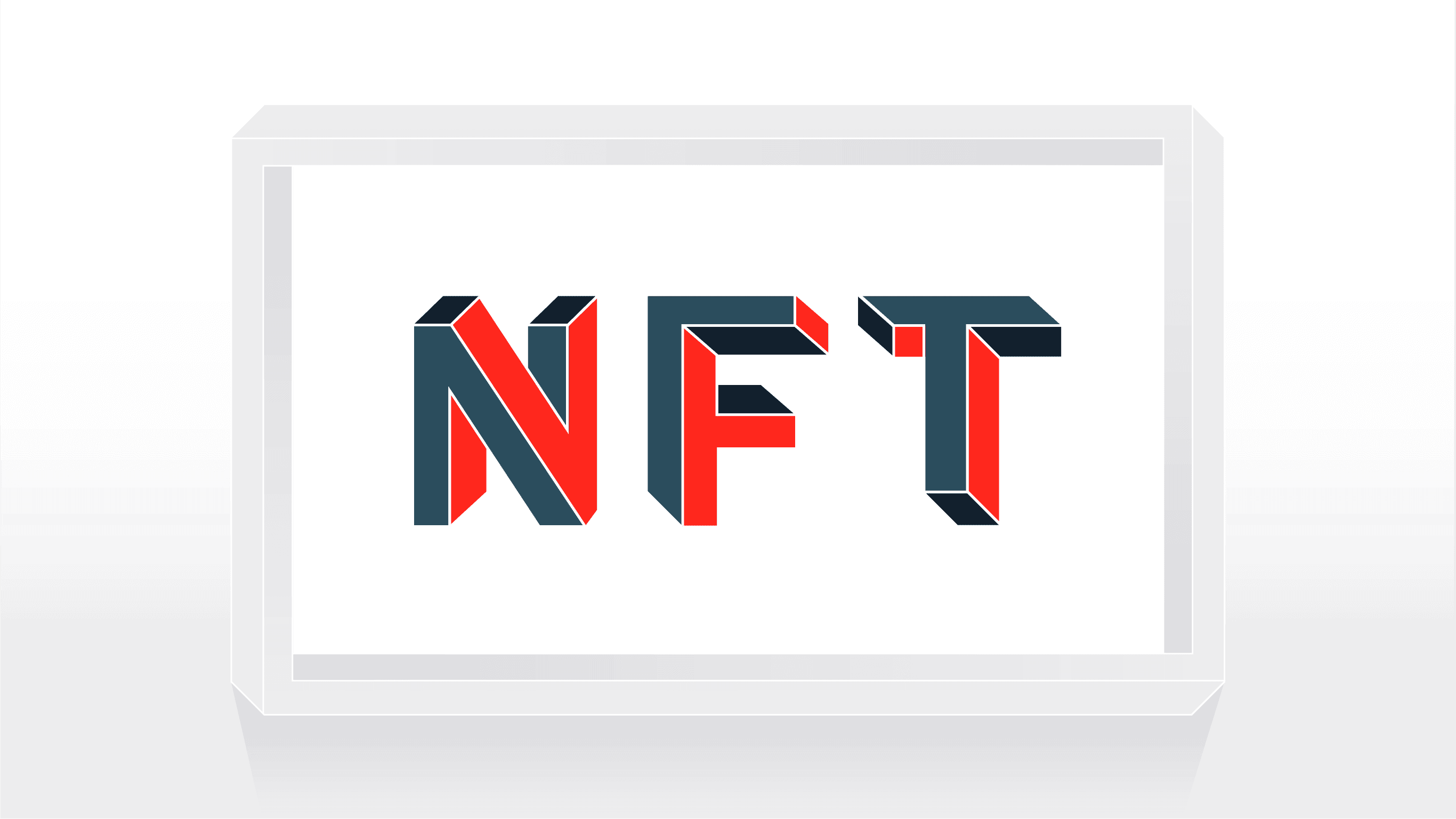Q&A with Hannah Dehradunwala
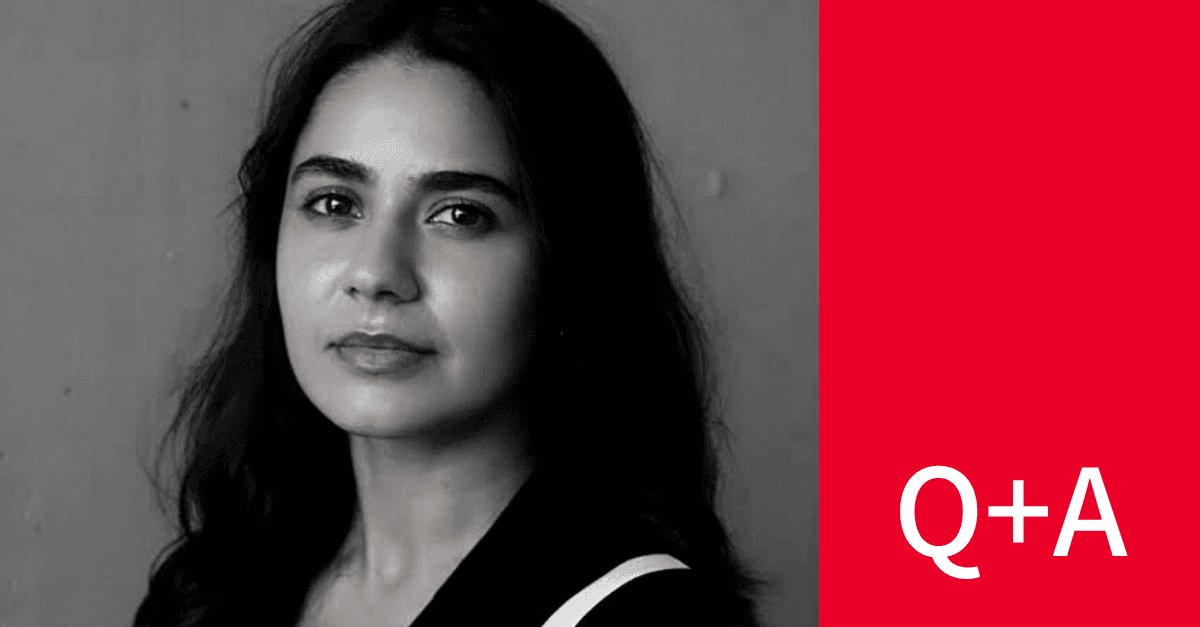
Tell us about yourself — what is your background in and how did you end up in your current position?
I’ve been in the waste management, sustainability space for about six years. I got my start in college, when a friend and I started a non-profit called Transfernation, that worked with hospitality groups, corporate cafeterias and events to redistribute excess prepared food to programs that could make use of it. I started doing this on a larger scale post graduation, and we ended up redistributing over 4 million pounds of food.
In the beginning, and for a while after that, I was the driver, the customer service center, the operations manager, the marketing department; you name it. I got a chance to experience every part of the process. It was with Transfernation that I ended up learning everything I now know about logistics, waste and building systems of recirculation and redistribution.
Tell us about your company, raeri. Why is it important and who will it impact?
It is so abundantly clear that we have a “stuff” problem. There are some 37 million tons of perfectly usable things — furniture, clothing, appliances, excess inventory — that end up in landfills every year. It’s not a problem that we need to convince anyone of because we’ve all seen it in our homes, workplaces, on the street, etc. The sentiment that we all share is that we don’t want to throw it away. We wish that there was something we could do with it, someone or someplace that we can give it to where it’ll be used, without having to do the incredibly tedious legwork of figuring out who wants it and how to transport it to them.
We have recycling for paper, plastic, glass and cardboard, compost is collected by all sorts of entities and we have trash for things that are truly not usable anymore. However, there is another category, and it is a very large one– usable items– that we’re missing a solution for.
The team at raeri works with businesses and households to make recirculating usable items fast and easy. Our technology matches this excess stuff with a range of channel partners: community programs, upcyclers, marketplaces, other startups that use it as raw material, etc., and we handle the logistics of getting it to them, and collecting diversion data that businesses can then use in their ESG reporting. The point is to ensure that usable items can be forwarded to their next best use, instead of landfill.
We are creating a system for the recirculation of usable items that will really be the first of its kind. At scale, I believe raeri has the potential to redirect millions of pounds of durable goods from ending up in landfill. As a product of this, we hope to reduce the environmental impact of this dumping on the communities that are ultimately affected by it, save businesses millions of dollars in disposal fees and move cities towards a new way of managing “waste”. Ultimately, we all need to be a bit more honest: most of what’s in a trash bag is not actual trash.
What inspired you to widen your focus from just food waste to upcycling?
It happened quite organically in 2020. As businesses were shutting down and people left their apartments in the city, we started getting calls from retailers, businesses, building managers — all sorts of places — asking if we could pick up “stuff” (for lack of a better word).
If you think about it, the only options for dealing with usable items that you no longer want are: junklugging, leaving it out for the trash hauler, or figuring out who wants it and how to get it to them. The first two options go straight to landfill and the third is very time consuming and logistically difficult. There was this massively untapped market completely dominated by environmentally-unfriendly businesses like trash hauling, basically doing what we were already doing with food. I always say that we started with probably the most difficult type of product to recirculate; prepared food. There were a lot of health and safety guidelines that needed to be met, namely temperature-control and an extremely short shelf-life. Upcycling items, in comparison, once we had the infrastructure set up, was a breeze.
Is waste a logistics problem or an education problem?
It’s equal parts both. Logistics is the obvious problem. What we call “trash” doesn’t enter the world as something unusable, but in order for waste to not be waste, it needs to be recirculated to where it can be used. We know that, ultimately, there is a second (and probably third, and fourth) user of the things that we don’t want anymore, but setting up that system of recirculation is a massive logistical undertaking. It involves a lot of creative thinking around the multiplicity of uses of a single object, and building that network of second and third users.
The education problem is less obvious. We don’t really think about waste as something that concerns us too much. One of my favorite pieces of wisdom is from environmental activist, Julia Hill. She says, “when you say you’re going to throw something away, where is ‘away’? There is no such thing”. We need to educate ourselves on where exactly “away” is, what happens to things when they go there, and what initiative we can take — in our homes and workplaces — to make sure that we know where our things end up. Recirculating isn’t just a smart decision for the environment, but also for business, which is what most people miss.
One of raeri’s key features is knowing where your upcycled things end up: what was the inspiration for building that out?
When you drop your things off at a larger donation center, you really have no idea where they end up. I started digging — theoretically and literally — and found that a lot of what we donate actually ends up in the trash anyway. We set this feature up for transparency, and to set a standard for “doing good”. Too often, we think that just dropping off at a donation center is enough. The purpose of the feature is accountability on raeri’s part. We can’t just talk about being environmentally-conscious and climate friendly, we actually have to make good on that mission and our operations need to be functioning accordingly.
What do you wish the average person knew about their local waste management systems?
I don’t think this is a particularly novel insight, but there’s a lot of room for innovation in waste management. We tend to think of it as one of those monolithic, foundational industries and it is, but that doesn’t mean that there isn’t a much better way of doing things. For example, we thought of the electricity we use to power our work and homes much the same way. Yet over the past decade, we have grown to not just question the systems we currently use, but to advocate for systemic change. Waste management, in all forms, could be the next thing that innovators and policymakers alike take a stab at.
What is your single biggest motivator when you come to work each day?
I think what we’re building needs to exist, and the fact that it doesn’t exist in a fully fleshed out way yet is exciting to me. I’m motivated by the idea of doing this: a startup, a waste management system, whatever you want to call it, differently. There’s so much room to experiment, to partner with different industries, to think outside the box when it comes to our uses for things. I’m motivated by this idea that all of these pieces of the puzzle that we’re working with are ultimately going to create a circular system that benefits the environment, businesses and communities.
